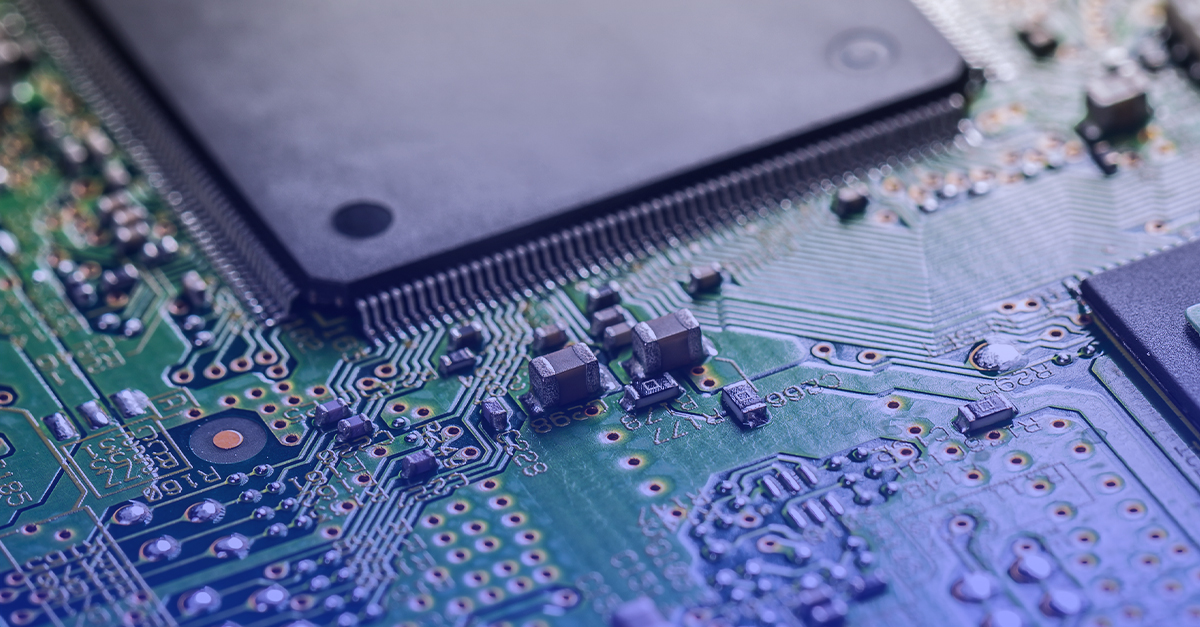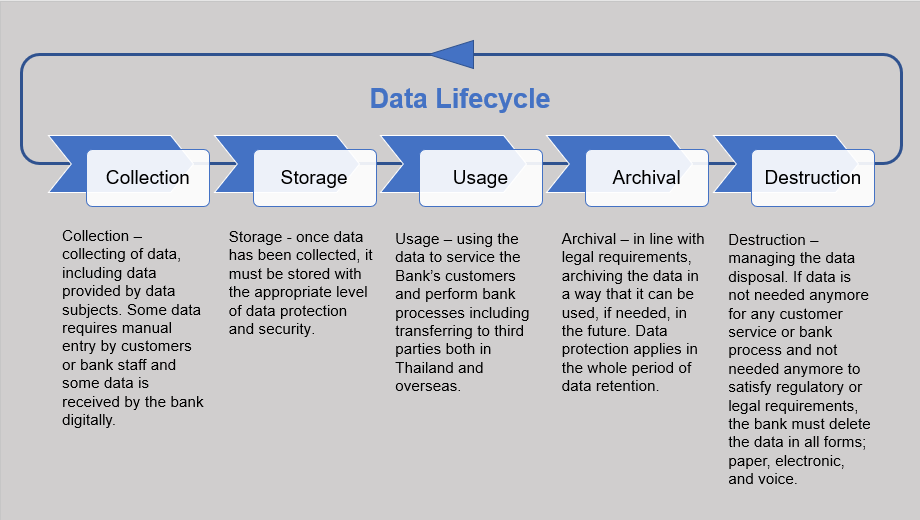How Robust Data Destruction Enhances Your Overall Cyber Security Steps
How Robust Data Destruction Enhances Your Overall Cyber Security Steps
Blog Article
The Important Nature of Information Damage in Upholding Computer System Security Services and Protecting Against Unauthorized Gain Access To
In an age where information breaches and identification theft are significantly common, the importance of effective information devastation can not be overstated. Numerous techniques, from information wiping to physical devastation, offer as vital safeguards versus unapproved accessibility.
Significance of Data Destruction
In an increasingly electronic globe, the importance of data devastation can not be overstated. As companies generate large amounts of delicate information, the potential repercussions of falling short to effectively dispose and handle of that data come to be significantly severe. Data breaches, identification theft, and company espionage posture significant hazards, emphasizing the necessity of efficient information damage methods.

Furthermore, as innovation develops, so also do the approaches by which destructive stars seek to exploit delicate info. Organizations should remain aggressive and attentive in their information destruction approaches to secure against these advancing dangers. By prioritizing information damage, business not only secure their properties however additionally foster count on among clients and stakeholders, showing a commitment to liable data administration and safety and security practices.
Approaches of Effective Data Damage
To ensure the irreversible and full destruction of sensitive information, companies can use a range of efficient methods tailored to their certain requirements. Among the most usual methods is data cleaning, which includes using specialized software application to overwrite existing data several times, making recuperation practically impossible. This is particularly beneficial for solid-state drives and difficult drives, where standard removal techniques are poor.
An additional effective method is degaussing, which utilizes solid magnetic areas to interrupt the magnetic domains on storage media, providing the information irretrievable. This method is especially fit for magnetic storage space tools, such as disk drive and hard drives.
Physical destruction is additionally a practical choice, entailing the shredding, squashing, or incineration of storage tools. This method assurances that data can not be recuperated, making it perfect for organizations dealing with very sensitive details.

Compliance With Data Defense Regulations
Organizations have to not only concentrate on reliable information devastation approaches but additionally ensure conformity with data defense policies that control just how sensitive info is managed and gotten rid of. Complying with these laws is crucial for securing personal information and preserving customer trust fund. Regulations such as the General Information Security Policy (GDPR) in the European Union and the Health Insurance Policy Portability and Liability Act (HIPAA) in the USA impose rigorous guidelines on information management, which consist of needs for the safe and secure disposal of delicate details.
To achieve conformity, organizations must execute comprehensive data destruction plans that line up with these legal structures. This consists of identifying information that requires damage, developing procedures for protected methodsâEUR" such as shredding physical media or utilizing software program that fulfills market requirements for information wipingâEUR" and maintaining in-depth records of destruction tasks. Regular audits should be carried out to ensure adherence to these policies and to determine any potential locations for enhancement.
Failing to comply with information protection policies can lead to considerable legal ramifications, consisting of hefty penalties and damage to a company's track record. Incorporating conformity into data destruction methods is not only a legal obligation but additionally a vital element of a durable info safety and security method.
Consequences of Poor Data Handling
Poor data handling can cause serious consequences that extend beyond prompt functional troubles. Organizations may face check that substantial monetary losses due to data breaches, which often cause expensive removal efforts, lawful costs, and regulative fines. These financial effects can strain resources and prevent growth, inevitably affecting a company's profits.
Additionally, poor data handling can drastically harm a company's online reputation. Partners, stakeholders, and customers may shed trust in an entity that stops working to safeguard delicate details, bring about decreased customer loyalty and prospective loss of service chances. This disintegration of trust fund can take years to restore, if it can be brought back in all.
Furthermore, organizations might deal with legal ramifications emerging from non-compliance with information security regulations. Such infractions might lead to charges and examinations, compounding the economic burden and additional tarnishing the company's image.
In the realm of cybersecurity, inadequate data monitoring methods can create vulnerabilities that make systems a lot more susceptible to unapproved accessibility and cyberattacks. Eventually, these repercussions underscore the vital importance of applying durable data dealing with treatments to protect sensitive information and preserve organizational integrity.
Ideal Practices for Secure Information Disposal


To start with, data ought to be classified according to its sensitivity. Delicate details calls for more rigorous disposal methods, such as shredding physical records and using advanced software for digital information cleaning. Utilizing certified information damage solutions makes certain compliance with a fantastic read market regulations and standards.
Secondly, organizations must apply a data disposal policy that mandates routine audits. This plan should lay out the treatments for data retention and devastation, guaranteeing that outdated information is dealt with quickly and securely. Training employees on these procedures is essential to promoting a society of safety awareness.
Lastly, keeping detailed documents of disposed data enhances responsibility and provides a clear audit path. This paperwork ought to consist of the kind of data destroyed, the approach made use of, and the day of disposal.
Conclusion
In verdict, the necessary of efficient information damage appears in its role in boosting computer system safety solutions and alleviating unapproved access risks. Taking on durable approaches such as data cleaning, degaussing, and physical devastation, alongside compliance with guidelines like GDPR and HIPAA, is essential for protecting sensitive details. Ignoring proper information disposal techniques can bring about serious effects, consisting of data breaches and lawful consequences. Executing finest methods in safe and secure data disposal inevitably strengthens business stability and customer trust.
In a period where data breaches and identity theft are increasingly common, the importance of efficient data damage can not be overstated. data destruction. Information breaches, identification burglary, and company espionage posture significant threats, emphasizing the necessity of efficient information devastation techniques
Conformity with guidelines such as GDPR and HIPAA mandates that companies carry out stringent data defense steps, including the safe and secure damage of information at the end of its lifecycle.
By focusing on data destruction, business not only shield their properties yet additionally foster count on among stakeholders and clients, demonstrating a dedication to responsible information monitoring and safety and look at more info security methods.
Organizations have to not just concentrate on reliable data devastation methods however additionally make sure conformity with data defense policies that govern exactly how sensitive information is dealt with and disposed of.
Report this page